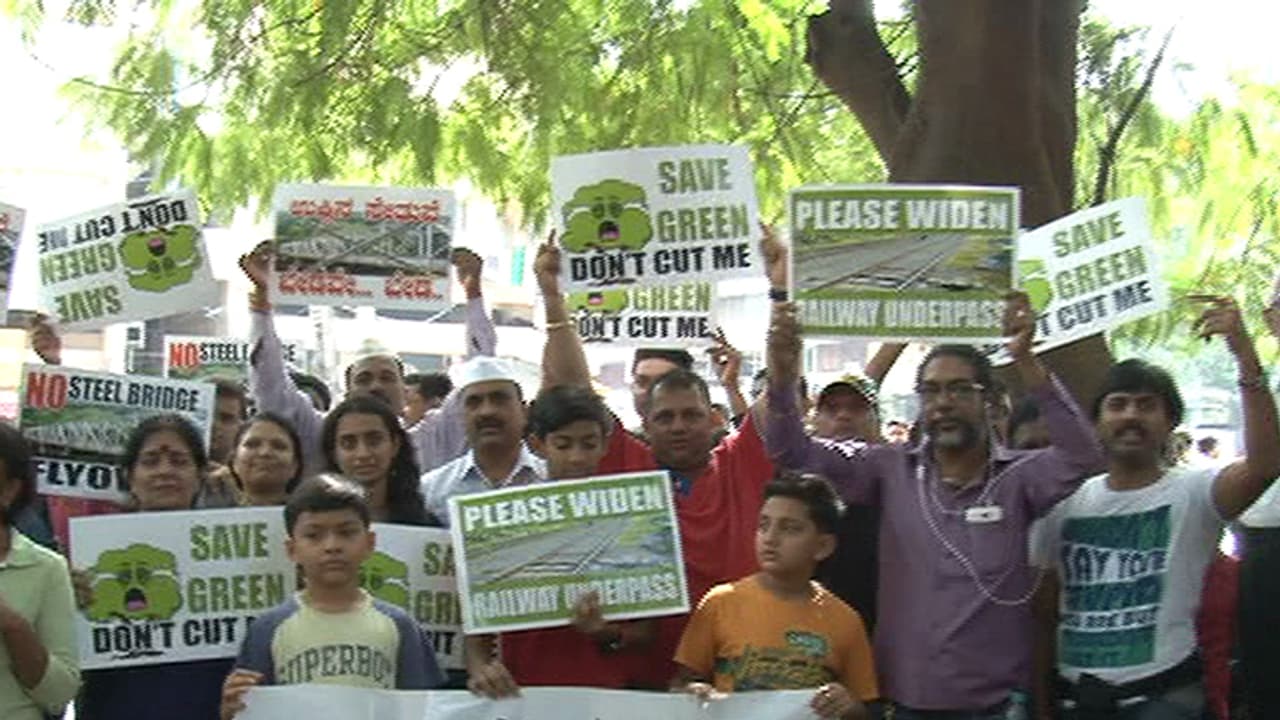Bengaluru residents can heave a sigh of relief as the Karnataka government has decided against the steel flyover that was to connect Basaveshwara circle to Hebbal flyover
Bengaluru: The Karnataka government has told the high court that it has decided to scrap the controversial steel flyover in Bengaluru. This decision was taken after several citizens came out in protests against the project.
The Karnataka high court was hearing a plea by Namma Bengaluru Foundation (NBF) which questioned the project on the grounds that it was not sanctioned through the mandatory procedures.
During the previous hearing, the government counsel had also confirmed that the government had not asked for environmental clearance. This project was proposed by Bangalore Vision Group, which the high court deemed as an extra-constitutional body and scrapped it.
The NBF then insisted that the project be approved through the constitutionally mandated Metropolitan Planning Committee.
NBF had approached the court after the Bengaluru Development Authority (BDA) had allegedly not answered their Right to Information (RTI) applications on the project.
The 6.7 km long flyover from Basaveshwara circle to Hebbal flyover in Bengaluru was proposed to be constructed at a cost of Rs 1,791 crore, in order to ease connectivity to the Kempegowda International Airport.
Ever since the proposal was announced, residents have been staging protests. As many as 8,000 people formed a human chain, along the route of the proposed flyover, back in 2016.
Those opposed to the project had argued that the elevated corridor would be futile and will not solve Bengaluru’s never-ending traffic problem.
IISc professor Ashish Verma had predicted that at the current rate of private vehicle ownership, the steel flyover is more likely to end up getting congested on the first day itself.
Not only that, as many as 2,000 trees were planned to be axed to make space for the project. That too at a time when the green cover of the once called Garden City is already in shambles.
Environmentalists and activists have been constantly harping on the fact that there is a direct correlation between the number of trees and the level of groundwater.
In the face of the protests, the controversial project was scrapped by the Siddamramaiah government in March 2017. It had become a non-issue until it was reintroduced in January 2019 by deputy chief minister G Parameshwara, who holds the Bengaluru Development portfolio.
